
8 Conditions That Can Be Mistaken for a Heart A::ttack or Heart Failure
Chest pain and shortness of breath are two symptoms that can quickly grab your attention, as they may signal a heart attack if they appear suddenly. However, if these symptoms develop gradually and worsen over time, they could indicate heart failure, a chronic condition where the heart struggles to pump enough blood to meet the body's needs. It's important to note, though, that these symptoms don't always indicate heart issues.
“Not all chest pain or shortness of breath is caused by the heart, but the heart is often the first thing we worry about because it’s the most vital,” says Dr. Eman Hamad, director of the Advanced Heart Failure and Transplant Program at Temple University Hospital in Philadelphia. “Many conditions, from anxiety to acid reflux to muscle strain, can mimic heart disease symptoms.”
1. Heartburn
Chest pain that burns or radiates is often caused by heartburn or gastroesophageal reflux disease (GERD), a chronic form of heartburn. “That’s one thing we commonly see in the [emergency room], patients mistaking GERD for a heart attack,” says Dr. Carey Kimmelstiel, director of Tufts Medicine Interventional Cardiology Center in Boston.
If you have a history of GERD, the symptoms are likely to occur when you're resting. You may also lack other heart attack symptoms like shortness of breath or sweating, Dr. Kimmelstiel adds. However, these differences are not always reliable, particularly for women, who are more likely to experience atypical heart attack symptoms such as heartburn or indigestion before a heart attack. "When in doubt, it’s safest to get evaluated," advises Dr. Hamad.
2. Anxiety and Panic Attacks
Anxiety and panic attacks can lead to chest tightness, a racing heart, and shortness of breath, symptoms that can mimic a heart attack. Panic attacks also tend to appear suddenly, often accompanied by dizziness, tingling sensations, and a sense of impending doom.
Both anxiety and panic attacks are not caused by heart issues, and even the heart palpitations that occur during a panic attack are not harmful, according to Dr. Kimmelstiel. Unlike heart attack symptoms, panic attacks do not worsen with physical exertion. Panic attack symptoms tend to subside within an hour, while heart attack symptoms persist.
However, it’s possible to experience both anxiety and cardiac issues simultaneously. “That’s why it’s critical not to assume your symptoms are just [caused by] stress,” says Dr. Hamad. “Evaluation is the only way to be sure.”
3. Muscle Pain
Sharp, sudden pain around the chest, shoulders, or upper back could be due to a pulled muscle or bruised or broken ribs. This is especially likely if the pain occurs after a specific activity, such as lifting a heavy box, and worsens if you repeat that activity or feel tenderness when pressing on the area, says Dr. Kimmelstiel.
The pain may improve after a few minutes or vary depending on your position, and it’s typically localized to one area, not radiating to other parts of your body like your neck, jaw, or arms. If in doubt, get it checked, especially if you have heart disease risk factors, says Dr. Hamad.
4. Shingles
Chest muscle pain can also result from shingles, a viral infection caused by the varicella-zoster virus, which also causes chickenpox. The pain tends to be deep, burning, or shooting, and may be accompanied by itching or tingling around the affected area, often including the face, neck, stomach, or back. Other flu-like symptoms, such as fever, chills, and stomach discomfort, may also occur.
If you suspect you have shingles, let your doctor know. Treatments like antiviral medications and corticosteroids can help you recover more quickly and prevent serious complications.
5. Heart Inflammation
In some cases, an upper respiratory infection can cause the heart to become inflamed. When the inflammation affects the lining of the heart, it’s called pericarditis, and when it affects the heart muscle itself, it's called myocarditis. "It can be very common in young people," says Dr. Kimmelstiel. “We saw a lot of it during [the] COVID-19 [pandemic].”
Both pericarditis and myocarditis can mimic heart attack symptoms, such as chest pain and shortness of breath. Chest pain caused by pericarditis typically improves when you sit up and lean forward. Myocarditis may also cause leg or foot swelling, heart palpitations, and fatigue.
Although some of these symptoms are mild and may resolve on their own, untreated cases can lead to severe complications like blood clots or heart failure. Therefore, it’s crucial to get checked out quickly.
6. Thyroid Issues
Both hyperthyroidism (overactive thyroid) and hypothyroidism (underactive thyroid) can cause symptoms that resemble heart disease. Since the thyroid helps regulate the heart's rhythm, thyroid issues can significantly impact heart health.
Hyperthyroidism may cause a racing heart, shortness of breath, or fatigue, which resemble arrhythmia or heart failure, while hypothyroidism can cause fluid retention and a slow heart rate (bradycardia), sometimes mistaken for cardiac dysfunction.
A simple blood test can help determine whether your thyroid is producing too much or too little thyroid hormone.
7. Lung Conditions Like COPD
Shortness of breath and chest tightness or discomfort are common in various lung conditions. Issues like pulmonary embolism, pneumonia, or pneumothorax (air between the lung and chest wall) can cause sudden symptoms that resemble a heart attack.
Chronic obstructive pulmonary disease (COPD) is another lung issue that can cause gradually worsening breathing and chest symptoms, including difficulty catching your breath, frequent coughing, chest heaviness, fatigue, and swelling in the legs — all of which can look similar to heart failure.
Although these lung conditions are distinct from heart disease, they still require prompt medical attention to avoid complications.
8. Kidney and Liver Disease
Kidney and liver diseases can also mimic heart failure symptoms. “The heart, lungs, kidneys, and liver work together to regulate fluid, oxygen, and metabolism, so symptoms often overlap,” says Dr. Hamad.
Both kidney disease and heart failure can lead to shortness of breath from fluid buildup. Similarly, liver disease can cause chest discomfort, fatigue, and swelling, similar to heart failure symptoms.
If you experience persistent symptoms, see your doctor, who can perform tests to determine the cause and develop an appropriate treatment plan.
When to See a Doctor
Any concerning chest symptoms should prompt medical attention. While some symptoms may warrant an emergency room visit, others can be addressed at your doctor's office.
You should see your doctor for:
-
Mild, brief chest discomfort related to movement
-
Persistent fatigue, palpitations, or swelling
-
A family history of heart disease or new, vague symptoms
Head straight to the emergency room if you experience: -
Chest pain or pressure lasting more than a few minutes
-
Pain radiating to the arm, jaw, or back
-
Shortness of breath
-
Nausea, sweating, or lightheadedness
-
Irregular or very fast heartbeat
The Takeaway
Several conditions can mimic heart attack or heart disease symptoms, including heartburn, anxiety, muscle pain, and certain infections. While some of these issues can be safely evaluated and treated at your doctor's office, others, like lung conditions or liver disease, require prompt medical attention to prevent complications. Always seek medical help for any concerning chest symptoms to ensure accurate diagnosis and proper treatment.
News in the same category


9 Convincing Reasons to Consume More Dates

Early-Stage Cancer May Not Hurt at First, But If You Notice These 8 Signs When Using the Bathroom, See a Doctor Immediately: Don’t Be Negligent

The surprising truth about eating eggs every day
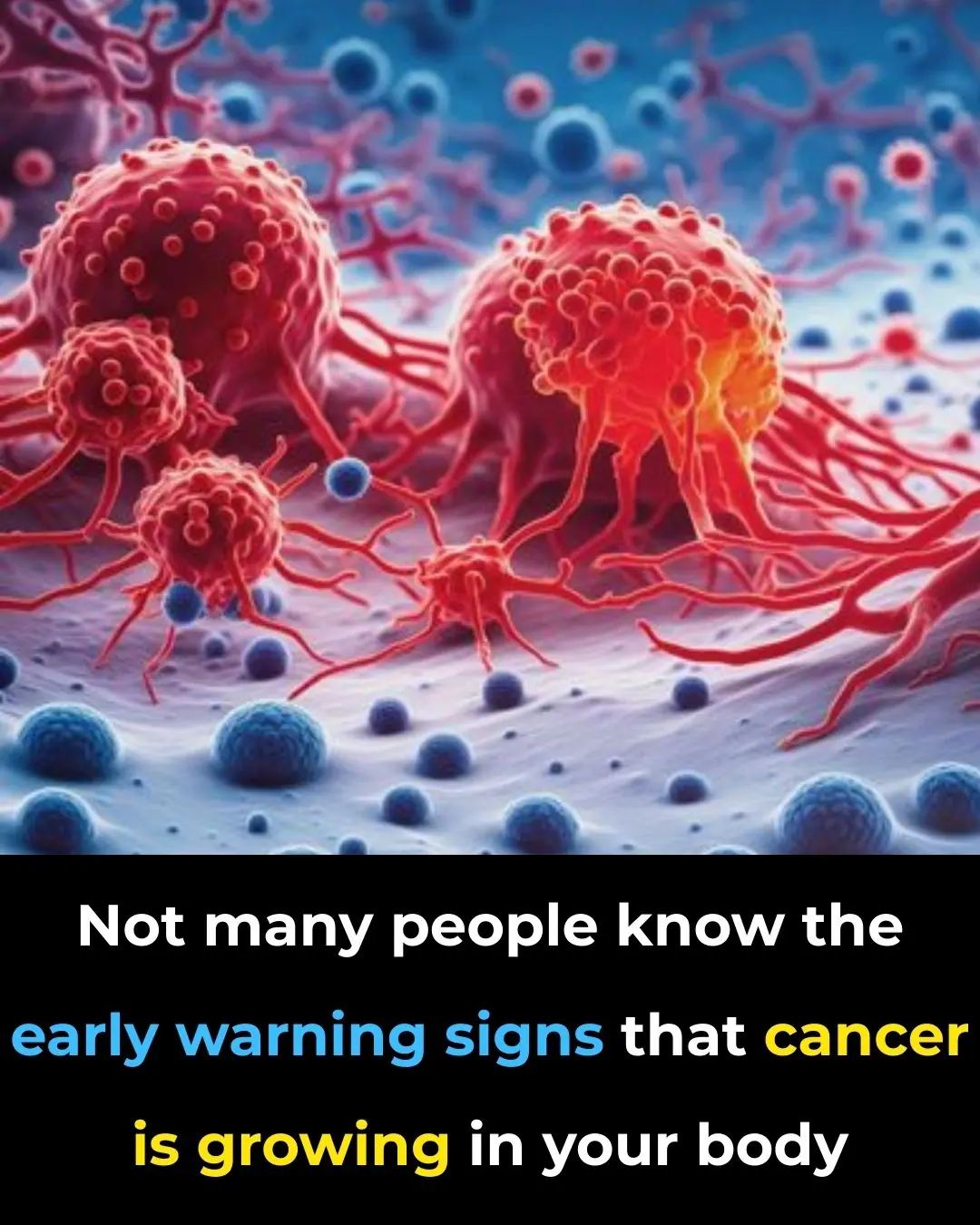
7 Early Signs Your Body is Fighting Cancer

9-year-old dies after dental procedure

Unexplained Bruising on Your Body: Causes and Treatments

If your private parts smell fishy, it’s something you should be aware of
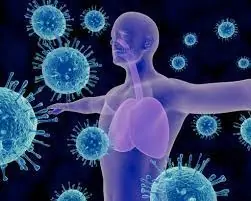
10 Hidden Signs Your Immune System Is Under Attack

15 Early Signs That May Indicate Cancer – According to Medical Experts
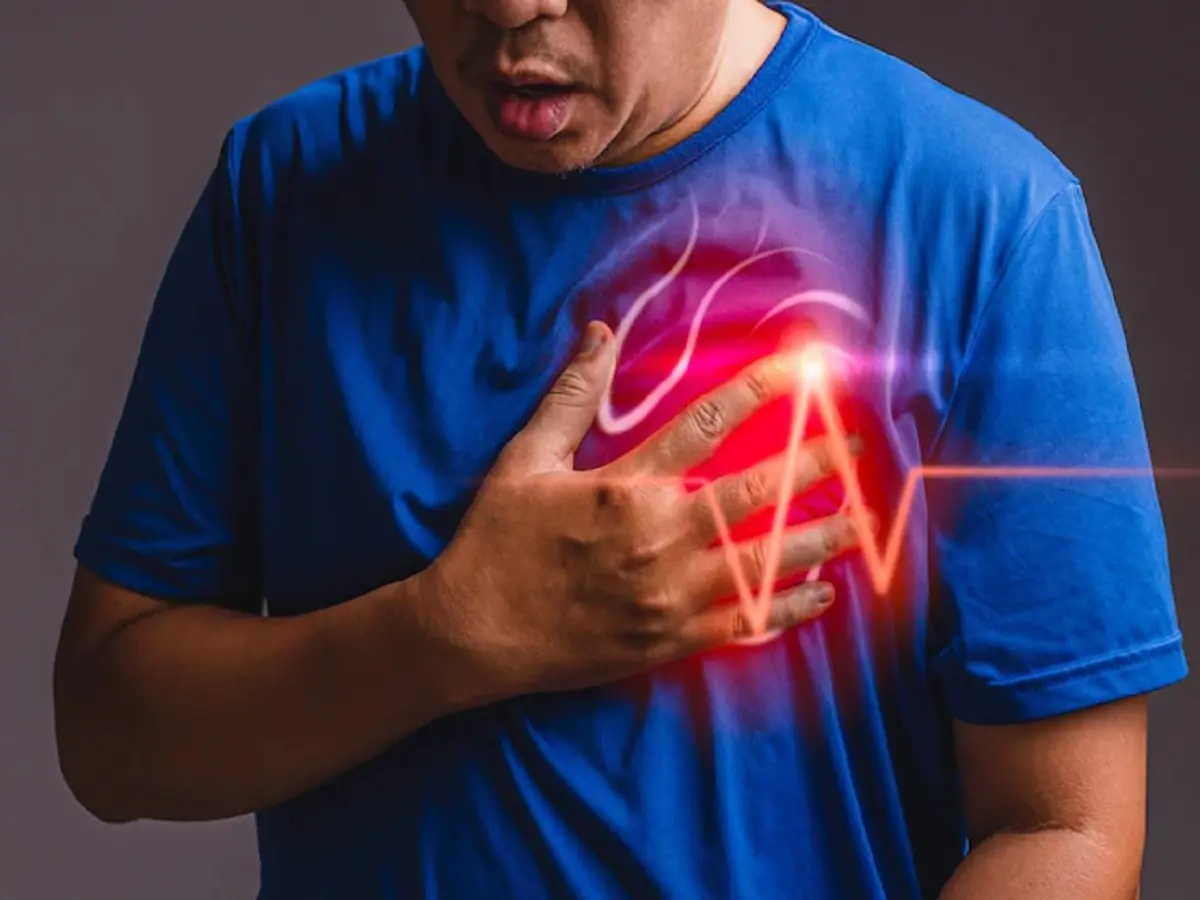
10 Common Habits That Are Secretly Harming Your Heart You Probably Didn’t Know

20 Powerful Foods That Fight Cancer and Boost Your Body’s Natural Defenses

6 Foods to Stabilize Hormones and Reduce Hair Loss in Women

How to Avoid 'Pork Worms' After a Man Developed Them in His Brain

Man Attacked by Hyenas Survives by Targeting Their Weak Points

Experts reveal seven reasons you shouldn't sleep in your underwear or risk health issues

The 5 Best We:ight-Lifting Exercises for Better Posture

Mediterranean Diet May Ward Off Alzheimer’s Despite High-Risk Genes
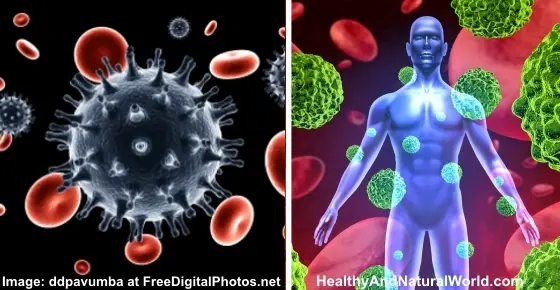
10 Warning Signs of an Autoimmune Disease and How to Reverse It
News Post

Understanding Eye Floaters: Causes and When to Seek Help

9 Convincing Reasons to Consume More Dates

Scientists predict what influencers will look like in 2050 and it's horrifying

World-famous hacker reveals scary reason why you should never share iPhone chargers

Early-Stage Cancer May Not Hurt at First, But If You Notice These 8 Signs When Using the Bathroom, See a Doctor Immediately: Don’t Be Negligent

Crush This Bundle of Mugwort Leaves and Place It in Your Room — No Matter How Many Mosquitoes There Are, They’ll ‘Run Away’ and You Can Sleep Peacefully

Pouring White Sugar into Detergent: A Simple Trick Everyone Loves That Saves You Big Every Year

How True Love Shows Itself During Intimacy

The surprising truth about eating eggs every day

7 Early Signs Your Body is Fighting Cancer

9-year-old dies after dental procedure

Terri Irwin makes heartbreaking admission 19 years after Steve’s death

5 Nutritious Vegetables That Can Harm Your Kidneys If Eaten Too Much

7 Items You Should Never Store in the Freezer – Like Ticking Time Bombs
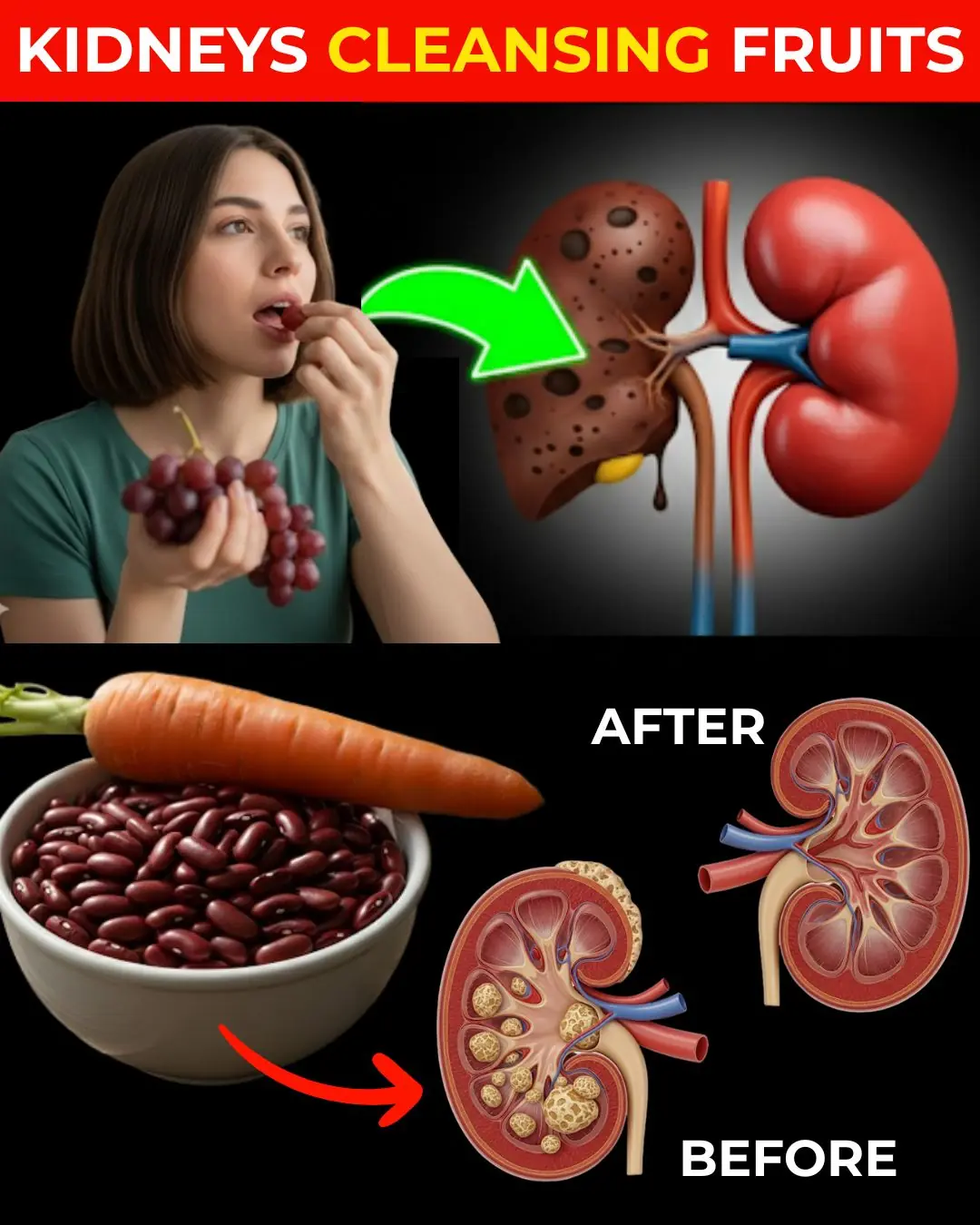
18 Powerful Foods That Help Detox Your Kidneys and Cleanse Them Naturally

15 Best Skin Gels for Glowing Skin & Wrinkles

Vaseline Uses and Benefits for Skin, Lips and Hair | Petroleum Jelly Benefits
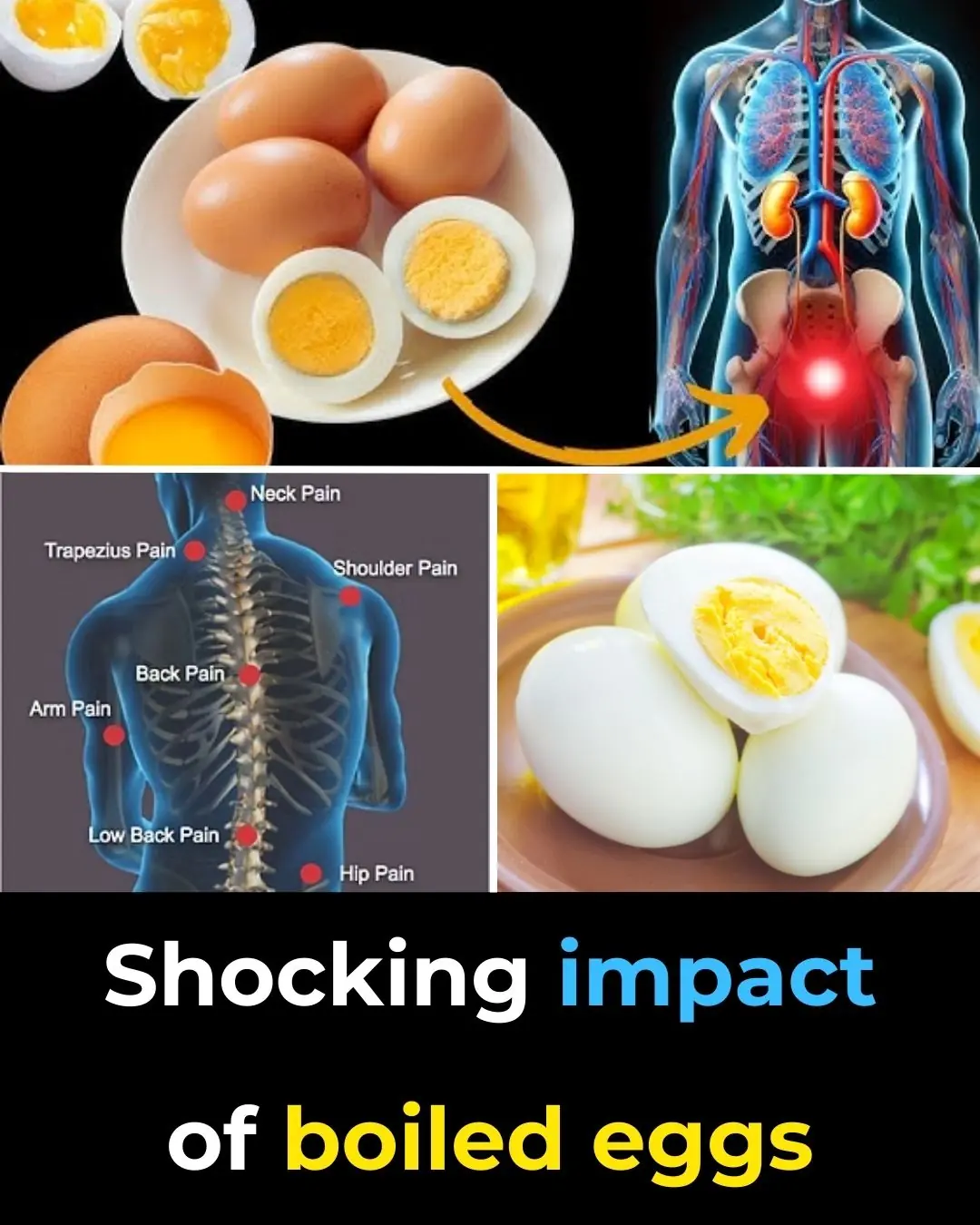
🥚 What Happens to Your Body When You Eat 2 Eggs Every Day?

‘Miracle’ Moment: Cross Necklace Stops Bullet and Saves Man’s Life
